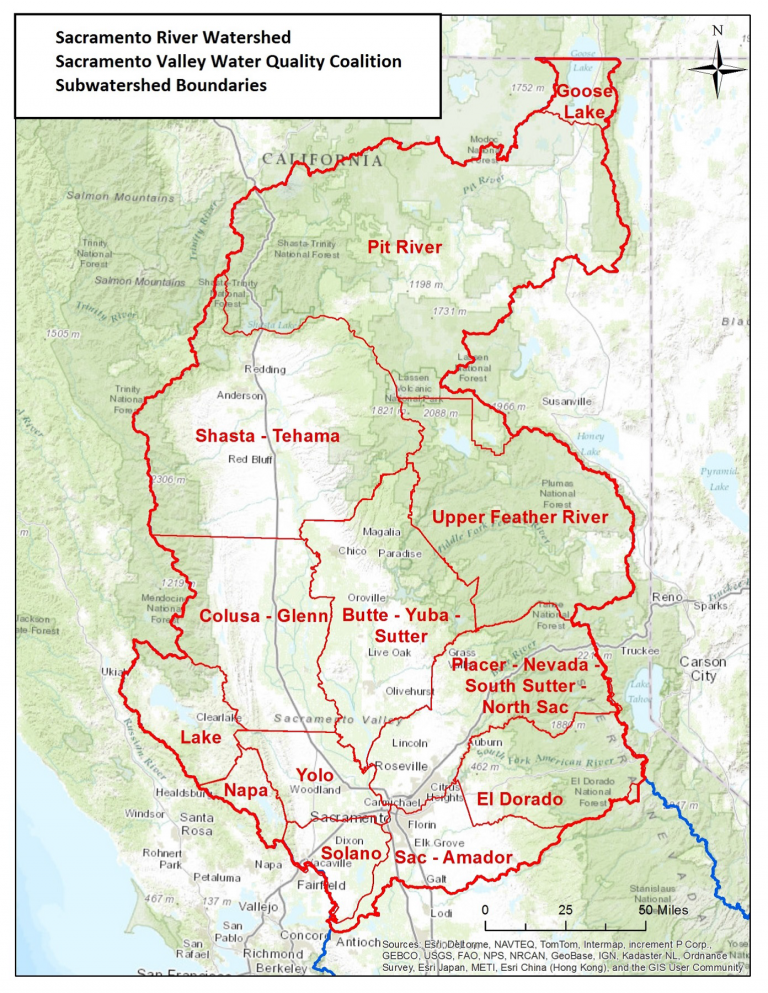About Us
IRRIGATED LANDS REGULATORY PROGRAM
Amador RCD works in cooperation with the Lower Cosumnes RCD to coordinate the Sacramento-Amador Water Quality Coalition (SAWQA).
SAWQA is one of 10 sub-watershed groups that make up the larger Sacramento Valley Water Quality Coalition (SVWQC). The 10 sub-watershed groups and SVWQC operate under a Memorandum of Agreement (MOA) to meet the requirements of the Central Valley Regional Water Quality Control Board’s (Water Board) Irrigated Lands Regulatory Program (ILRP).
The requirements of our members are determined through the Irrigated Lands Regulatory Program (ILRP) which is regulated by the Central Valley Regional Water Resource Control Board for more information about the regional board and the current waste discharge order. For details about all the regulations you review the Sacramento Valley Waste Discharge Order covering Irrigated Lands.
Does your property need coverage under the ILRP?
See the approved General Order here: Order R5-2014-0030-06
REGIONAL & LOCAL SUPPORT FOR MEMBERS

SAWQA covers the southern portion of Sacramento County and all of Amador County and is made up of roughly 600 irrigators who joined our group and pay fees to cover the costs of the ILRP. Currently the fees paid by members cover the costs of water quality monitoring, reporting, oversight, administration and outreach to members. Additionally, fees cover the cost of staff to represent irrigators at meetings with the Regional Board as it develops future requirements for the ILRP. Water Quality Monitoring is currently being conducted at 4 sites within our sub-watershed.
WATER QUALITY RESULTS

A main objective of SAWQA is to provide regional water quality testing. The waste discharge order requires that Coalition to test for E.coli, Nutrients (Nitrate), Pesticides (Azinphos methyl, Cholopyrifros, Diazinon, Hexazinone, Malathion, Metolachlor, Naled, Simazine, Pyrethroids), Physical Attributes (Conductivity, Dissolved Oxygen, pH, Discharge, Temperature), Toxicity (Hyalella survival) and Trace Metals (Arsenic). Agriculture is not the sole source for many of these water quality indicators and pesticides; some of these are naturally occurring, caused by wildlife, or used in industry and residential pest management. The Coalition is tasked with testing water quality and responding to exceedances when they occur, this allows us to provide our members with information about potential water quality issues.

